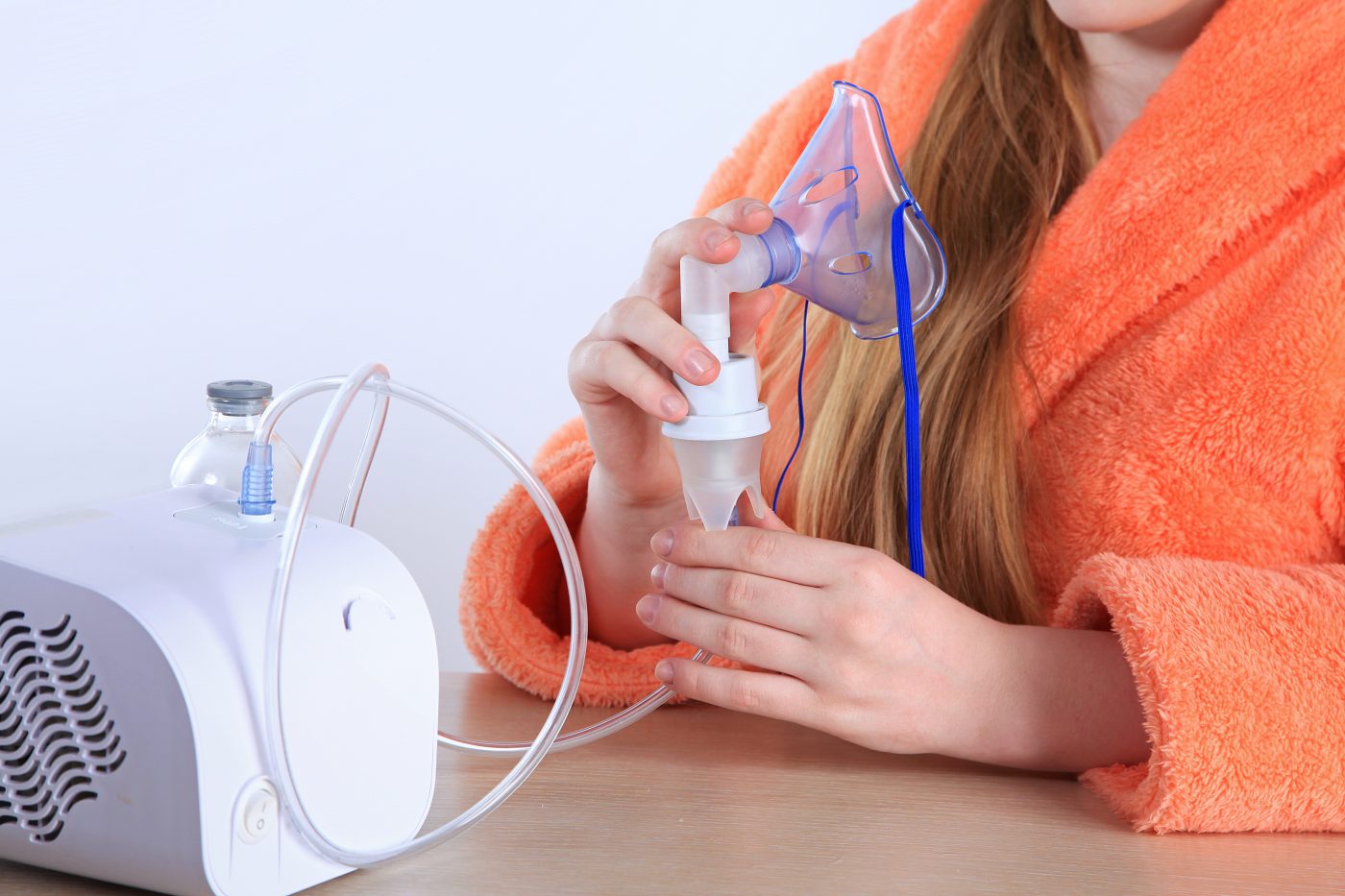Oral Feeding in DMD Patients Can Be Maintained by Assisted Coughing, Study Suggests
Written by |

Researchers have found that Duchenne muscular dystrophy (DMD) patients can safely continue oral feeding by using manual assistance for coughing or mechanical insufflation-exsufflation.
The study, “Rate of oral intake and effects of mechanical insufflation-exsufflation on pulmonary complications in patients with Duchenne muscular dystrophy,” was published in the Journal of Physical Therapy Science.
In neuromuscular diseases such as DMD, loss of muscle strength causes difficulty in expectoration, chewing and swallowing in patients. As a result, they have an increased risk of respiratory failure and malnutrition, which significantly decreases their quality of life (QOL).
Researchers studied 58 DMD patients with an average age of 28.7 years. Of these patients, 45 needed full-time ventilatory support by noninvasive positive pressure ventilation (NPPV). Patients were assisted for coughing, either manually or with mechanical insufflation-exsufflation (MI-E).
Researchers looked for signs of respiratory tract infection, which was determined based on the frequency of fever that required antibiotics in respiratory infection. They also followed patients’ feeding requirements.
Patients with varying cough peak flow (CPF) values were under different duration periods of unassisted or manually assisted coughing, with or without MI-E. Overall, 95.6% of the pressure ventilation patients avoided tracheal intubation due to acute respiratory failure from asphyxia or aspiration pneumonia. Of note, they continued noninvasive positive pressure ventilation and oral nutrition without needing a gastrostomy tube.
Only two of full-time NPPV patients could not tolerate oral intake and required nasogastric tube feeding due to frequent choking. Full-time NPPV patients were using NPPV during their meals in all cases.
“The high rate of oral intake in our study population may be explained by the fact that our patients continued full-time NPPV during their meals,” the authors explained.
This study shows that QOL can be improved in patients with neuromuscular diseases affecting the respiratory tract.
“Use of manually assisted coughing and noninvasive airway clearance by MI-E enabled continuous and safe oral intake in DMD patients on full-time NPPV. Both NPPV and MI-E are important in avoiding tracheal intubation or tracheostomy and might improve the life expectancy and QOL of DMD patients,” the researchers wrote.





